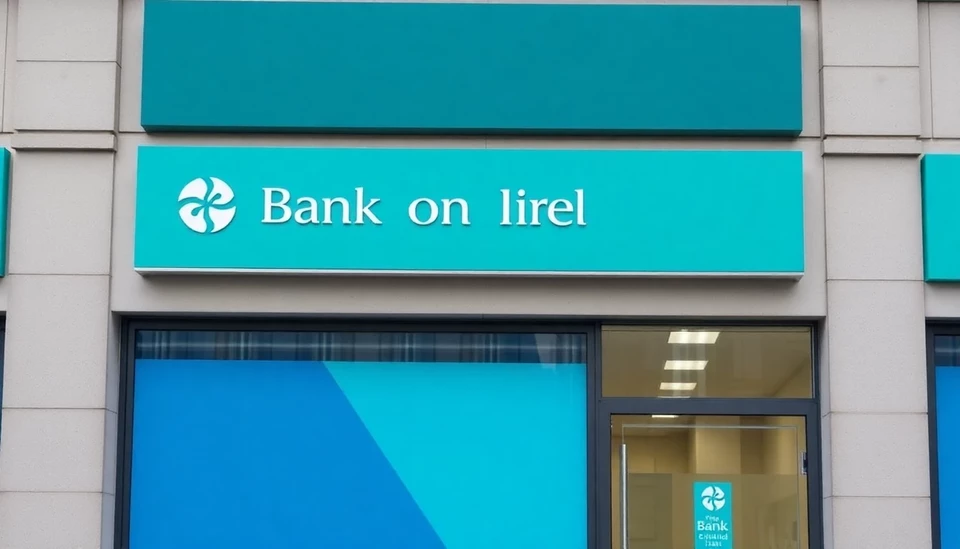
The Bank of Ireland has disclosed plans to implement significant job reductions as part of an ambitious strategy aimed at enhancing operational efficiency. This development comes as the institution grapples with rising costs and evolving market conditions, signaling a broader trend within the financial sector that prioritizes modernization and cost management.
In a detailed announcement, the bank indicated that these job cuts would be necessary to streamline its operations and remain competitive in an increasingly challenging environment. As companies within the banking sector strive to adapt to rapidly changing customer expectations and technological advancements, such measures have become more prevalent.
Bank of Ireland's management emphasized that the decision to reduce staff was not taken lightly. They articulated a commitment to supporting affected employees throughout the transition process, suggesting that the bank would provide assistance in terms of severance and outplacement services. This approach aims to soften the impact of job losses, ensuring that those affected can find new employment opportunities more easily.
The financial institution did not specify the exact number of positions that would be eliminated but indicated that the cuts would predominantly affect back-office roles. These positions, which are essential for the day-to-day operations of the bank, have come under scrutiny as part of a broader trend where banks are looking to leverage technology to replace manual processes and reduce headcount.
It is essential to note that the Bank of Ireland's move aligns with a notable shift in the industry towards increased efficiency. Many banks are investing heavily in digital transformation to streamline operations, reduce overhead costs, and enhance customer experience. These changes often necessitate a reevaluation of workforce needs, contributing to the tough choices institutions are making with regards to staffing.
Industry analysts have responded to this development, suggesting that the Bank of Ireland is not alone in its struggles. Other financial institutions across Europe have also announced similar measures in recent months. The need to adapt to a post-pandemic reality, where digital services become paramount, further pressures banks to reconsider their staffing models and operational frameworks.
As the situation unfolds, stakeholders and employees alike will be observing how the Bank of Ireland manages this transition. Effective communication and a well-executed strategy will be vital in ensuring the bank retains morale among its remaining employees while also navigating the complexities of the job cuts. The long-term success of this efficiency drive will hinge on how well the bank balances cost control with maintaining quality service delivery to its customers.
The Bank of Ireland's announcement serves as a stark reminder of the continual evolution within the banking sector, as institutions strive to embrace innovation while maintaining profitability. Stakeholders will be keenly watching how these changes will impact the broader financial landscape in Ireland and beyond.
In conclusion, while the intent behind these job cuts is rooted in the pursuit of greater efficiency and competitiveness, the human cost cannot be ignored. As many workers face uncertainty, the responsibility lies with both the bank and the industry at large to adapt thoughtfully and compassionately to the changing financial environment.
#BankOfIreland #JobCuts #EfficiencyDrive #FinancialSector #DigitalTransformation #CostManagement #WorkplaceChanges
Author: Samuel Brooks
